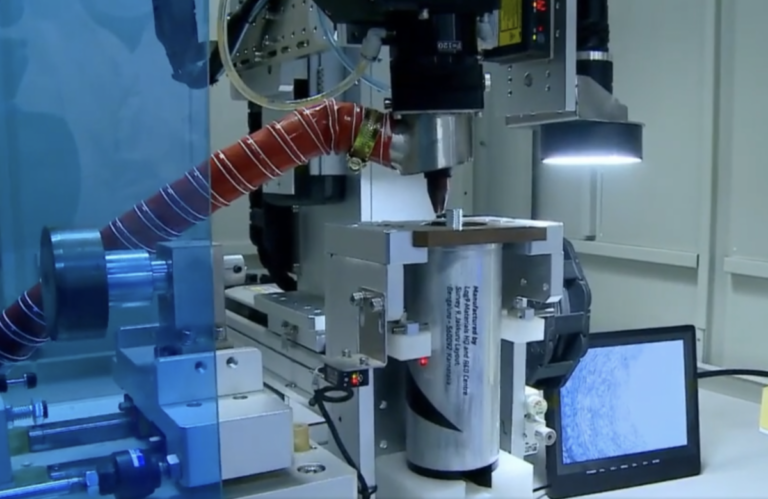India could achieve self-reliance in battery cell production by recycling lithium domestically and reusing it in batteries, an Indian government official claimed at a battery manufacturing conference in New Delhi this week.
Vijay Mittal, joint secretary of India’s Ministry of Heavy Industries, said at the 4th India Battery Manufacturing & Supply Chain Summit in New Delhi this week that the government is preparing a concept note to align policymakers with plans to support advanced chemical battery cell components. production.
The measures will focus on financial systems, regulatory policies and improving ease of doing business, he said.
India is already assembling battery packs, and battery cell manufacturing has made significant progress with the launch of the production-linked incentive (PLI) program for advanced chemistry cells.
Three companies have signed PLI agreements to create 40 GWh of generation capacity, and there are plans to auction another 10 GWh, focused on stationary storage technologies.
This boost to domestic cell production is expected to boost local production of components such as cathodes, anodes, separators, electrolytes and cell packaging, paving the way for fully integrated battery production in the country.
“If we do not achieve domestic value addition (DVA) of more than 50%, it is not really in line with the essence of Make in India. Any manufacturer producing goods in this country – whether advanced chemical cell batteries (ACC) or any other product – that exceeds 50% DVA is recognized as a Class 1 supplier and a true contributor to our requirements ” said Mittal.
Mittal also highlighted the importance of recycling to reduce dependence on imports for critical raw materials.
“Since we may not have sufficient lithium resources, ensuring that lithium remains in the country through recycling and is reused in batteries could be a major breakthrough for our self-reliance in cell manufacturing,” Mittal said.
This content is copyrighted and may not be reused. If you would like to collaborate with us and reuse some of our content, please contact: editors@pv-magazine.com.


